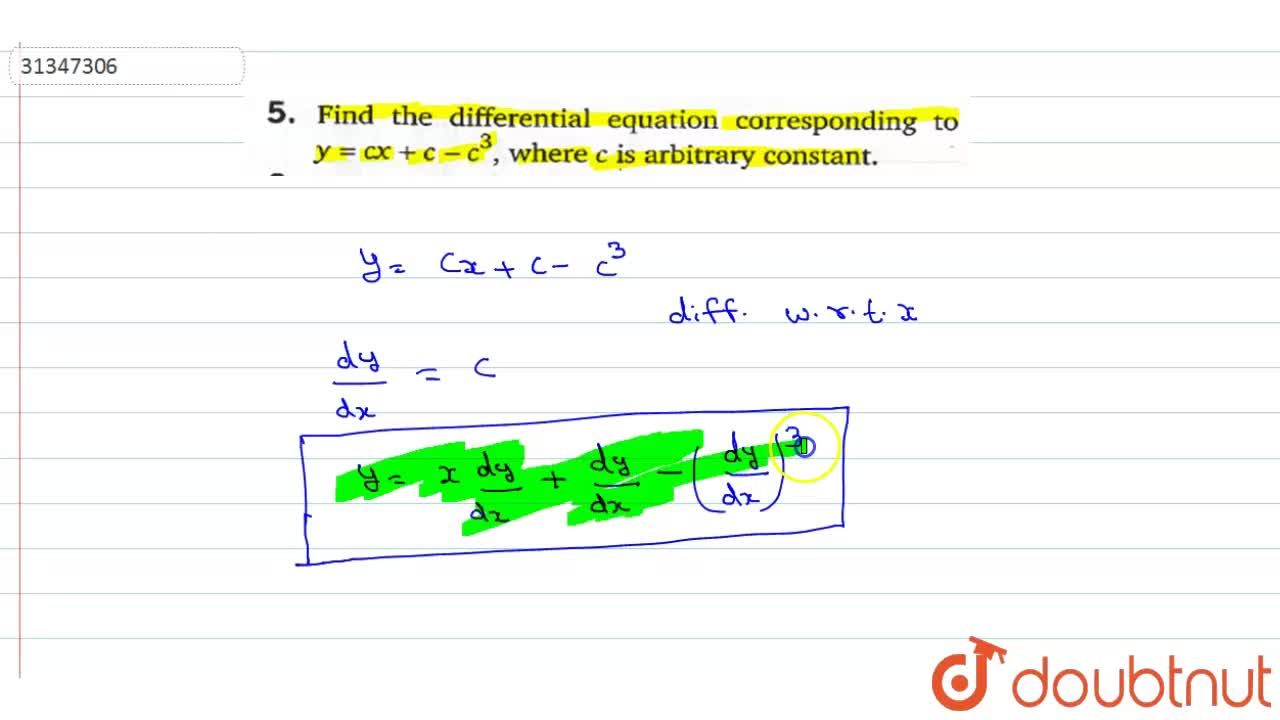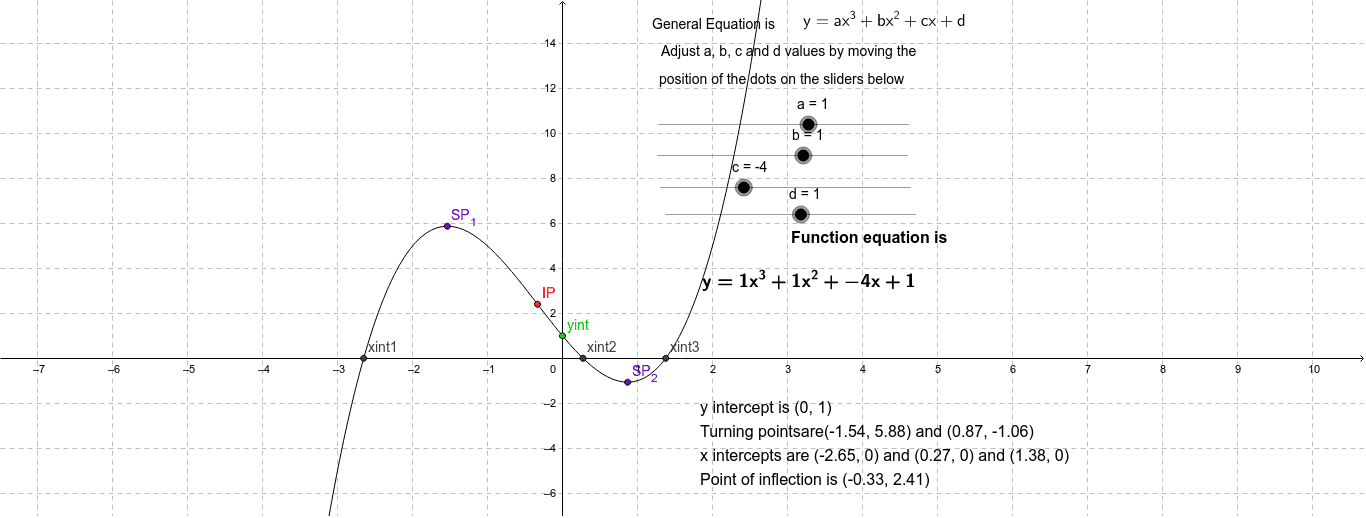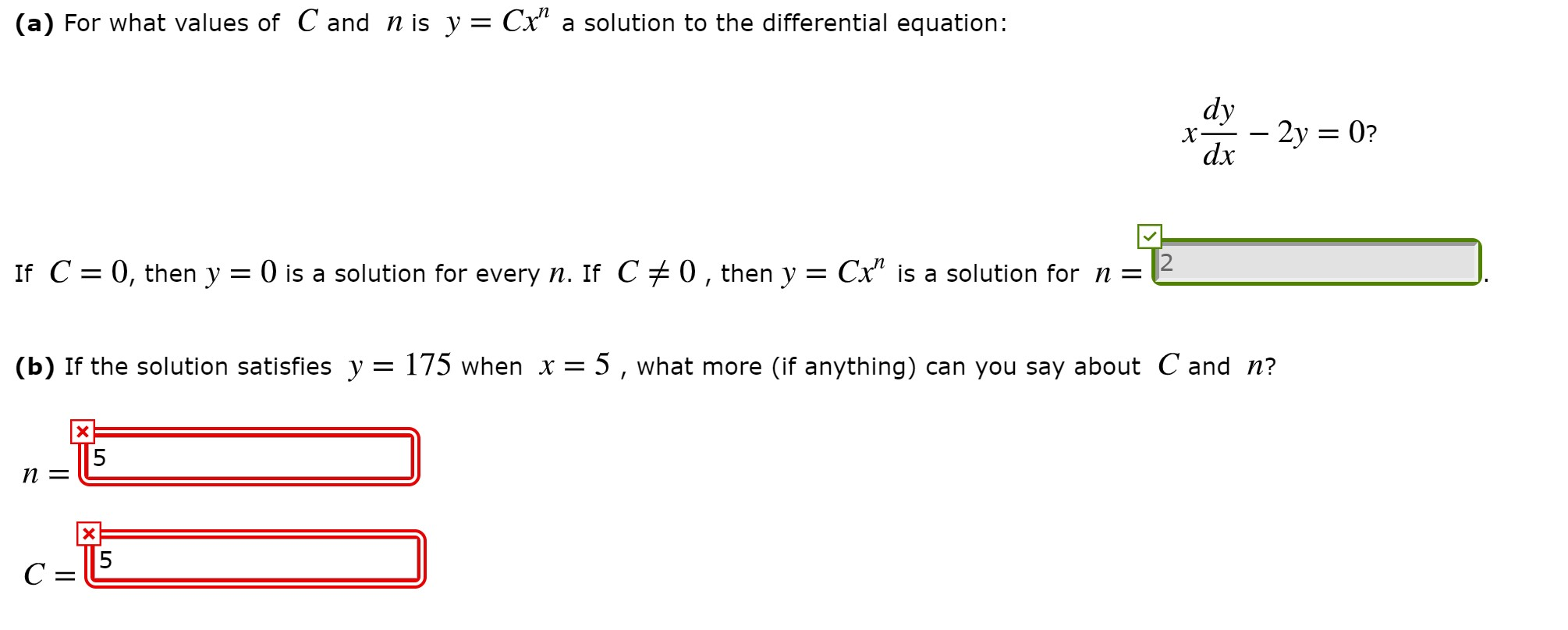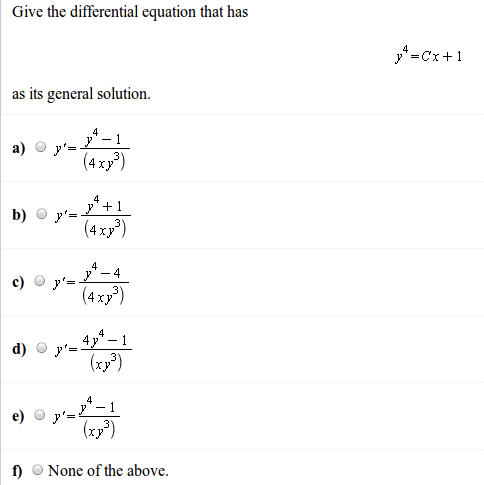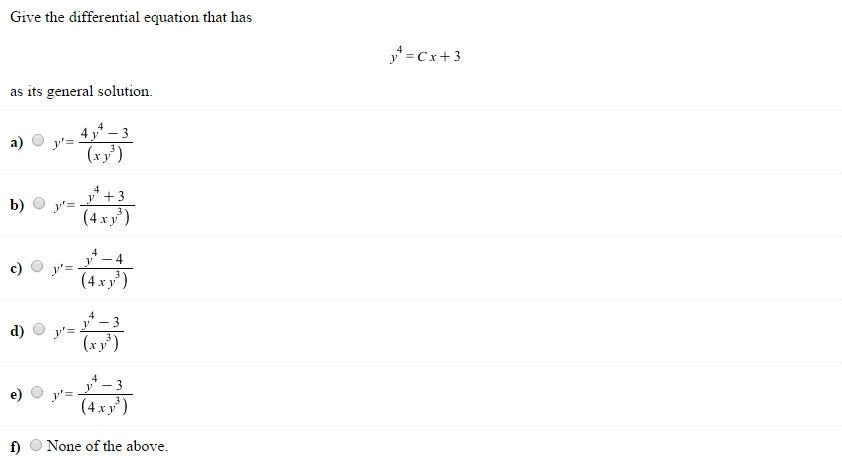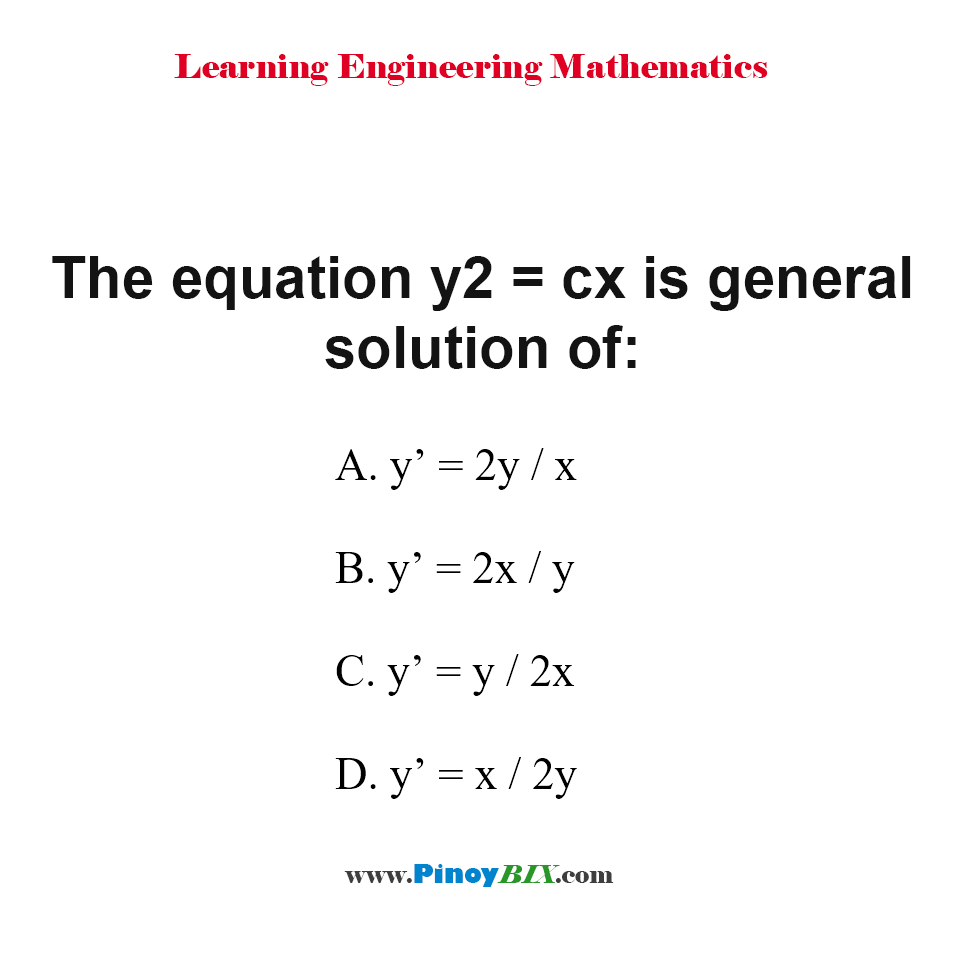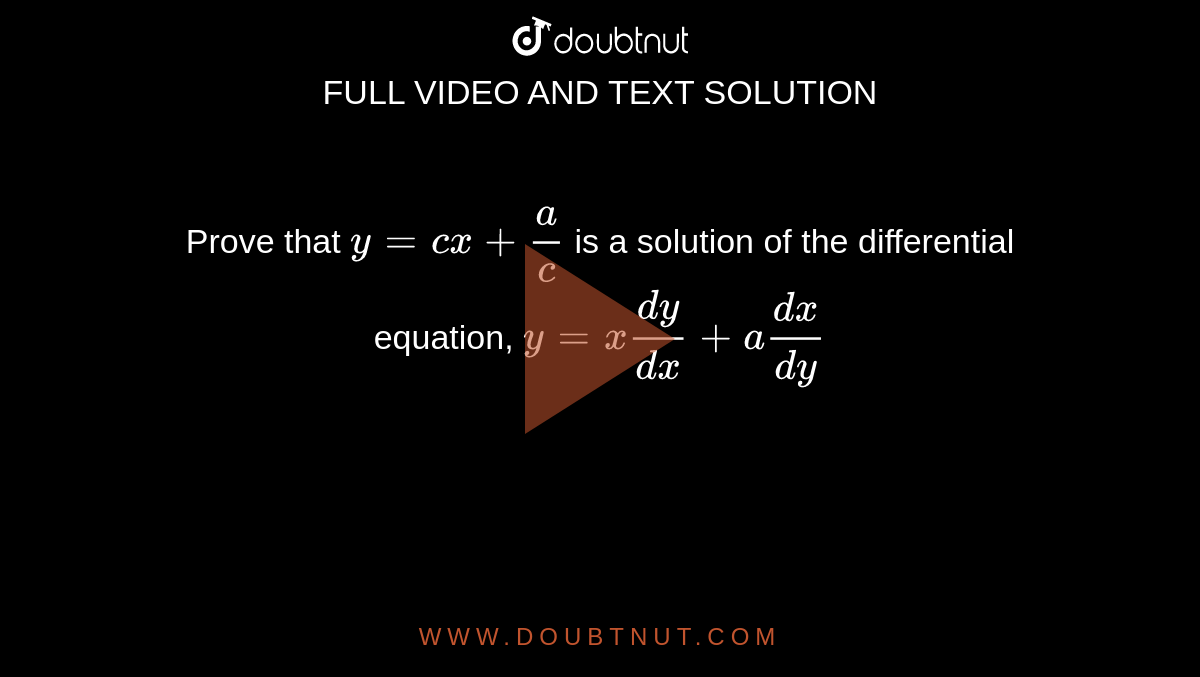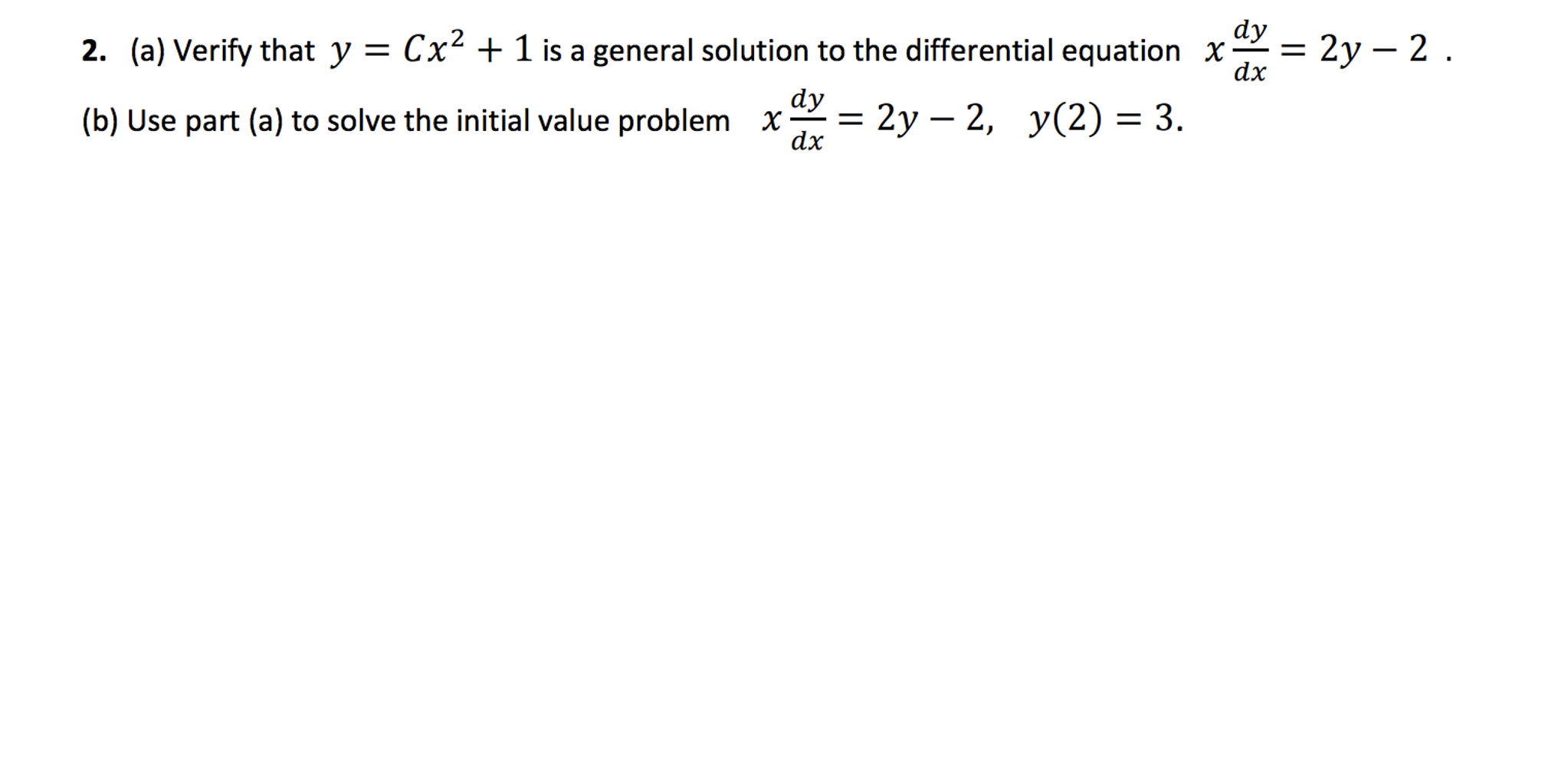
Find the differential equation corresponding to `y=cx+c-c^(3)`, where `c` is arbitrary constant. - YouTube

calculus - The $y$-axis cuts the given family $y=cx^2$ orthogonally. But other option is correct (in GATE 2016). Why? - Mathematics Stack Exchange
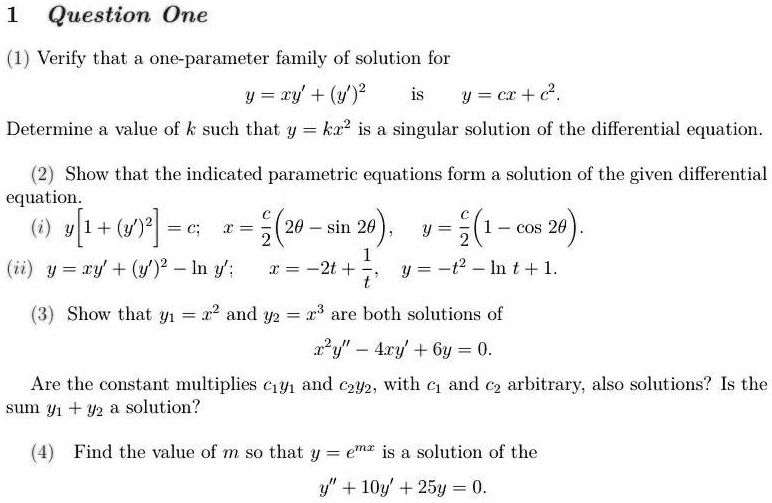
SOLVED: Question One (1) Verify that a one-parameter family of solution for y = ry + (y)2 y = cx + . Determine a value of k such that y = kr
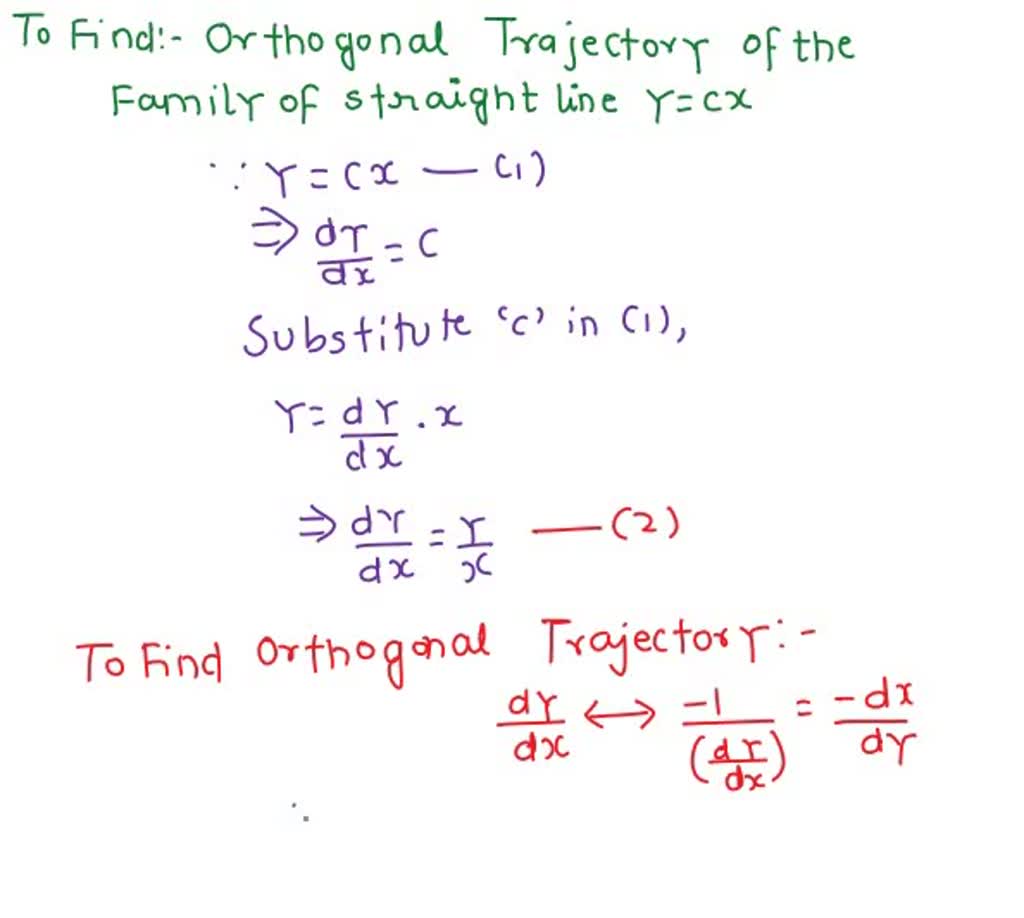
SOLVED: Find the orthogonal trajectories (OT) of the family of straight lines y = Cx. Describe the obtained family of curves/OT.

Show that `y=(c-x)/(1+c x)` is a solution of the different equation `(1+x^2)dy/(dx)+(1+y^2)=0.` - YouTube

